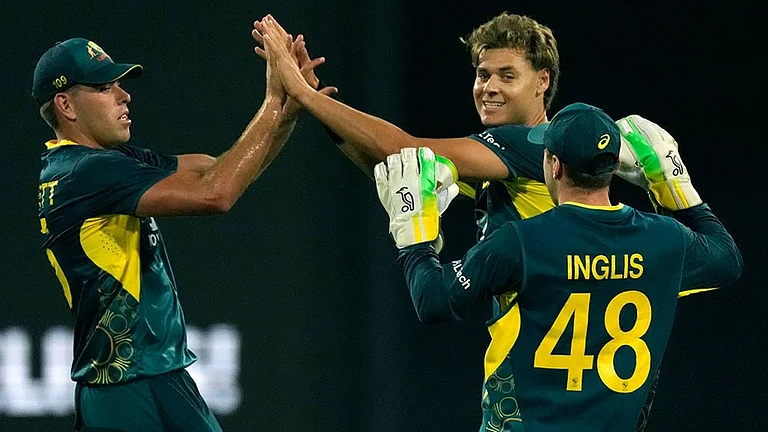The Union government on Thursday announced the reduction of disturbed areas under Armed Forces (Special Powers) Act in the three Northeastern states of Nagaland, Assam, and Manipur.
While the law remains imposed in some areas in these three states, its coverage has been reduced after decades of its imposition.
There have been demands for AFSPA’s repeal for a long time amid allegations of human rights violations by security forces operating under the law. The law empowers security forces to conduct operations and arrest anyone without any prior warrant. They also have immunity from arrest and prosecution for any killings during their operations.
A number of incidents in recent years ranging from Northeast India to Jammu and Kashmir have brought renewed scrutiny on AFSPA and its effect on places where it is imposed. Here are three such incidents in areas under AFSPA:
Nagaland killings, 2021
Fourteen civilians were killed by Indian security forces personnel in December 2021 in Nagaland’s Mon district.
A team of Indian Army's para commandos had laid an ambush on 4 December near Tiru village based on intelligence inputs of insurgents’ movement in the area, according to a statement on the incident by Union Home Minister Amit Shah at the time.
A vehicle approached the site of ambush and it was signalled to stop but it tried to flee, following which the commandos opened fire as they suspected it was carrying insurgents. This resulted in the killing of six out of eight persons in the vehicle.
“However, it turned out to be a case of mistaken identity,” said Shah at the time.
Following the killings, locals attacked the army personnel and burnt their vehicles. Seven more civilians were killed as army personnel opened fire to disperse the locals. One soldier was also killed.
The next day, 5 December, a mob attacked an Assam Rifles base, according to Shah. One civilian was killed when security forces personnel opened fire to disperse the mob.
Arunachal Pradesh encounter, March 2022
Two persons were killed and a third person was injured in an encounter in Tirap district of Arunachal Pradesh earlier this month. A fourth person said to be an insurgent was arrested.
While the police and Assam Rifles said the two killed were NSCN (IM) insurgents, locals claimed one of those killed and the third injured person were civilians who were forcefully picked up by NSCN (IM) insurgents to work as their guides.
Syeda Ambia Zahan reported for Outlook earlier this month that Riatto Kakho, one of the two killed, was the ‘minister’ of a tribal kingdom in the region and commanded respect.
Three insurgents of NSCN (IM) came from Nagaland and demanded Kakho and another villager, Pakngam Lowang, to escort them towards the boundary of Changlang district bordering Tirap, as per reports. However, security forces intercepted their movement which led to a gunfight.
“When bullets were exchanged, Riatto and Lowang lay on the ground. Still, a bullet hit Riatto. Lowang screamed at the security forces saying they were civilians,” said a person quoted in Syeda’s report for Outlook.
Shopian killings (Jammu and Kashmir), 2020
Three persons were killed by the Indian Army on 18 July 2020 in Amshipora in Jammu and Kashmir’s Shopian. While officials at the time said the three were Pakistani militants, subsequent DNA tests conducted at the Central Forensic Science Laboratory in Chandigarh confirmed the three were cousins from J&k’s Rajouri.
One of the three killed was a minor.
The families of the three alleged they had gone to Shopian to work as labourers but were killed in a staged encounter.
Following DNA tests, the Indian Army in a rare admission said their personnel had exceeded their powers under AFSPA. They were subsequently charged by the police for abduction, staged killings, and planting of weapons.
An army officer, Captain Bhoopendra Singh alias Major Basheer Khan, was accused along with two civilian accomplices, of abducting the cousins, taking them in a pre-arranged vehicle to an orchard, and then shooting them dead after making them walk a little, according to reports citing police chargesheet at the time of its filing in 2020.


























